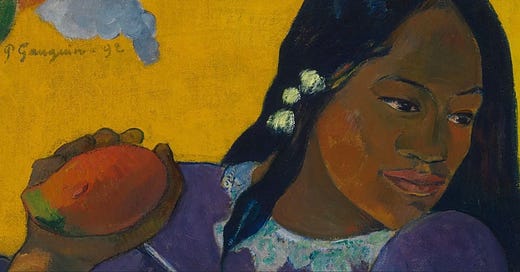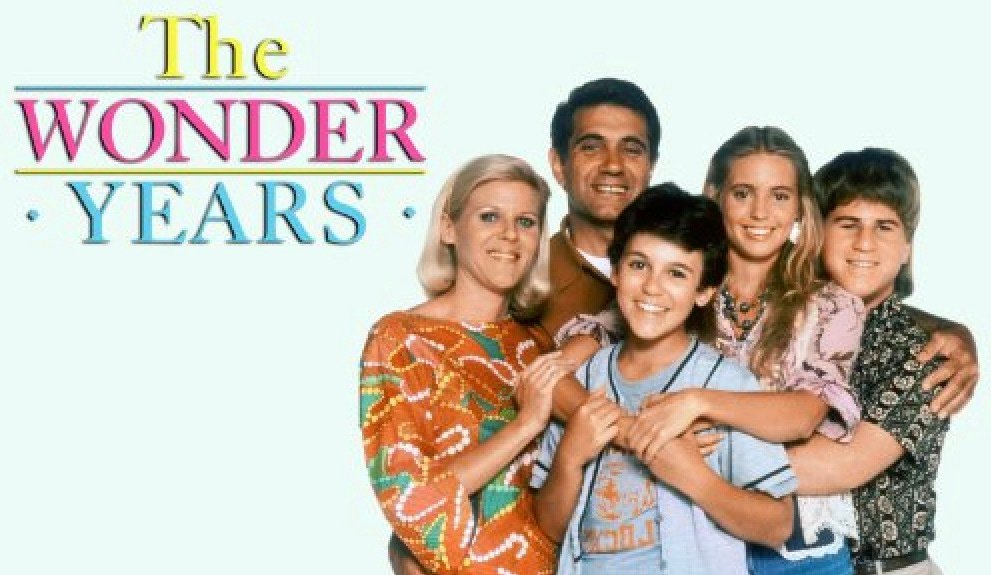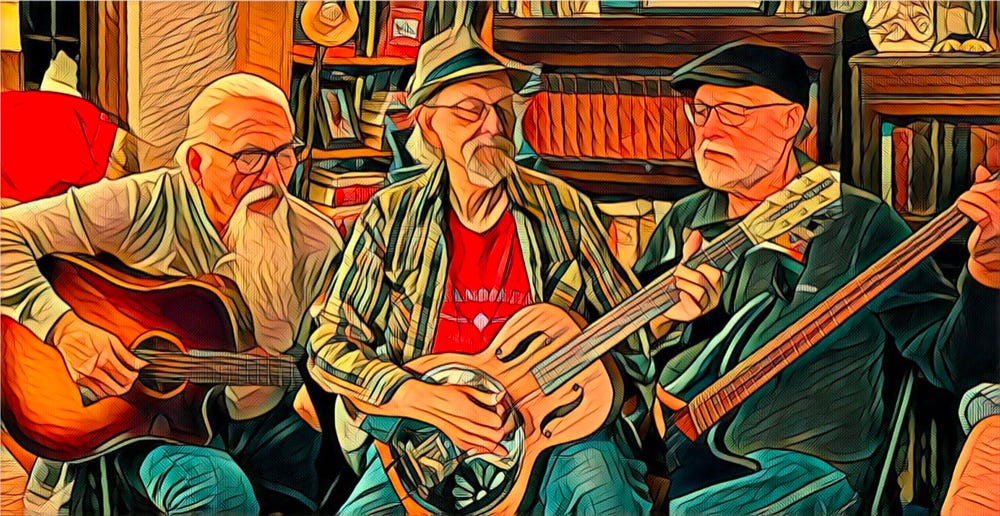Jackson Browne has always called the first song on his 1972 self-titled debut album a kind of modern fable.
His inspiration for “Jamaica Say You Will" was a girl who worked in an organic food orchard on California’s Zuma Beach, across the street from the Pacific Ocean, "like the Garden of Eden,” Browne once told an interviewer, “and she was a kind of Eden-like girl, too.”
In the lyric, the girl leaves with her father to sail out into the world, “but my ship had not found the sea, as it were," Browne told Uncut magazine. “I wanted to have the cocoon of this relationship to just stay insulated from the world, but she was ready to move out into the world.”
The song was a lament for the time he sheltered in that love affair. “I realized,” he added, “I'd been writing about the relationship I'd just left, not this new one I was in. So I learned something about myself and maybe found more closure or solace. … It's odd that that's exactly how songs come into being."
The Song that Birthed a Label
“Jamaica,” which Browne wrote when he was 20 in 1969, also played a big part in creating a new record label.
In 1970, after listening to a demo of the song, artist manager David Geffen signed Browne and began looking for a record contract for him. Ultimately, after he couldn't get a deal anywhere else, Geffen co-founded Asylum Records in 1971 with Elliot Roberts.
The story goes that Geffen had pitched Browne to Atlantic Records president Ahmet Ertegun, saying, "You'll make a lot of money." To that, Ertegun reportedly replied, "You know what, David? I have a lot of money. Why don't you start a record company and then you'll have a lot of money."
A deal then was struck in which Ertegun put up the initial funds and Atlantic Records distributed Asylum Records with the profits split 50/50.
Jackson Browne was one of first artists Geffen signed for Asylum, of course; he was quickly joined on the new label that same year by Linda Ronstadt, John David Souther, David Blue, Joni Mitchell, Glenn Frey and others.
Covers
But many people became familiar with “Jamaica Say You Will” even before they heard Jackson Browne’s Asylum recording of it.
That’s because the song was released by The Byrds on their Byrdmaniax album for Columbia the year before Browne’s debut.
And after that, the song was covered in 1972 by the Nitty Gritty Dirt Band and by Tom Rush and then by Joe Cocker in 1975.
The TV Treatment
The tune even has had its television moment. In 1992, it was heard playing on the radio at the end of “The Wonder Years” episode "The Lake" from Season 5.
(TV’s time machine slipped a little, though. The episode’s story line was set in August 1971, but that was several months before the Browne album was released.)
Our Take on the Tune
In music, newness is often a magical ingredient, and everything about this song is new for us.
Its Flood connection started a few weeks ago when Charlie brought home yet another new guitar, this time a sweet little Gretsch resonator that he intends to keep in one open tuning or another. Recently, playing around in open D, Bowen landed on “Jamaica,” which just seemed to lay so easily on the strings.
The song was unfamiliar to Danny and Randy, but — true to their Flood nature — they took to it right away, immediately finding ways to enrich it. Just listen to Dan’s smart, beautiful solos and to Randy’s gorgeous harmonies on the choruses.
Sure, our arrangement is still evolving, but we wanted to share it with you all while it still has that lovely new song smell.





















Share this post